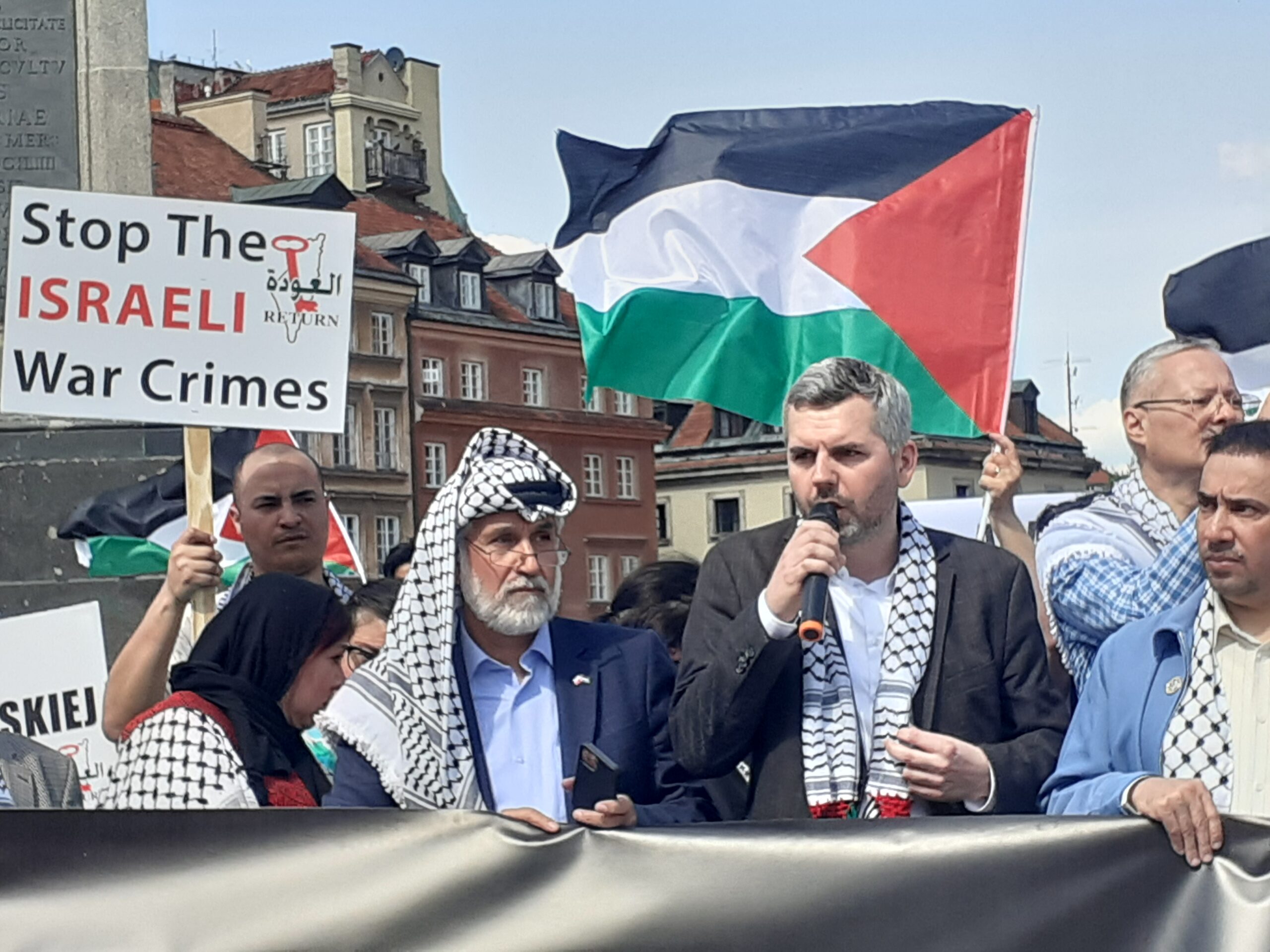According to Jaishankar, many nations, including India, believe that a two-state solution is the only way to find a settlement.
New Delhi: In response to Hamas militants’ October 7 attack on Israel, which the West Asian nation met with a massive bombing campaign and ground invasion of Gaza, India and Australia on Tuesday backed a two-state solution to end the decades-old Israel-Palestine conflict and bring lasting peace to the volatile region.
Here Discussed About The “Australia and India support a two-state solution to the Israel-Palestine issue”:
At the 14th India-Australia Foreign Ministers’ Framework Dialogue in New Delhi, S. Jaishankar and Penny Wong declared that the two-state solution—a recognized Palestinian state alongside Israel—was the best course of action. However, they also denounced the Hamas attack as an act of terror and urged Gaza to adhere to international humanitarian law.
In response to the current events in West Asia, the two ministers stated in broad terms that there can be no accommodation for terrorism, that humanitarian aid to Gaza is desperately needed, and that the rights and aspirations of the Palestinian people must be taken into consideration.
According to Jaishankar, one of the problems is related to the rights and destiny of the Palestinian people, and it also needs to be resolved.
In response to a question during a joint press conference with Wong following the dialogue, he stated, “And that solution in our view, and in the view of many countries, can only come from a two-state solution.”
Similar themes were covered by the foreign minister of Australia.
“This, in my opinion, shows that a political solution is required, given the goals of the Palestinian people. It is imperative that we reach a state in which the Israeli and Palestinian populations coexist peacefully and securely behind international boundaries. Additionally, she stated that moving toward a two-state solution is necessary.
One day following the second 2+2 dialogue between the defense and foreign ministries of Australia and India, there was the Foreign ministries’ Framework Dialogue. Discussions on Monday also included developments in West Asia.
According to Jaishankar, the situation in West Asia is difficult and complicated.
“We need to figure out a method for addressing each of these three major categories of problems—terrorism, the humanitarian catastrophe, and the Palestinian people’s future,” he remarked in reference to the state of affairs in West Asia today.
“Hearing one side stated at the other’s expense won’t actually pave the path for progress. I believe that how we handle them all together will be our collective challenge. Actually, that’s what we talked about. The Australian viewpoint seems to be pretty similar to ours, in my opinion.
Wong called the humanitarian crisis in Gaza “catastrophic and dire.”
She stated that there is a lot of human suffering and that the world is appropriately concerned about this.
“As for the events of October 7, we both think they ought to be forcefully condemned as acts of terrorism. We reiterate our demand for the hostages to be freed because we feel the same way. Regarding the humanitarian situation, we have a very clear stance that we have openly stated: the significance of international law and Israel’s obligation to uphold it in all of its dealings, including the protection of civilians, the spokesperson said.
Additionally, Wong stated that Israeli settlements in the area were against international law and hindered efforts to find a two-state solution.
The dispute between India and Canada, peace, prosperity, and security in the Indo-Pacific area, and the future of the Quad alliance, which consists of the US and Japan, were among the other important topics that the two presidents discussed.
We talked about the problems between Canada and India. Australia and I have a good, strong, and close friendship. I thought it was critical that Australia hear our side of the story. The latitude that radicalism and extremism are allowed in Canada is actually the main problem, Jaishankar continued.
He noted that the next Quad meeting is planned for the beginning of next year.
“With every meeting, the Quad’s agenda and content have grown. It is human nature to push the boundaries in search of novel convergences and cooperative opportunities. Our conversations have focused on what more we could do to enhance the Quad as we get ready for a conference that will take place early in the following year.
According to him, the strategic collaboration is progressing quite well.
“With FM @SenatorWong, we concluded the 14th India-Australia Foreign Ministers’ Framework Dialogue. The strategic alliance is progressing rapidly. Strong people-to-people ties, increasing commerce, investment, and economic cooperation, and regular high-level contacts are all important factors. talked about our close cooperation in multilateral, quadrilateral, and trilateral settings. We also discussed our respective regions, the Indo-Pacific and West Asia,” Jaishankar subsequently tweeted.
The main topics of discussion at the 2+2 dialogue on Monday included strengthening military cooperation in vital areas like air-to-air refueling and anti-submarine warfare, security in the vast Indo-Pacific region in light of China’s growing influence, cooperation in hydrography, and fortifying ties in industries like critical minerals, space, education, and science and technology.
The conflict in Ukraine and the West Asian problem were among the urgent geopolitical topics that were reviewed by the two parties.
